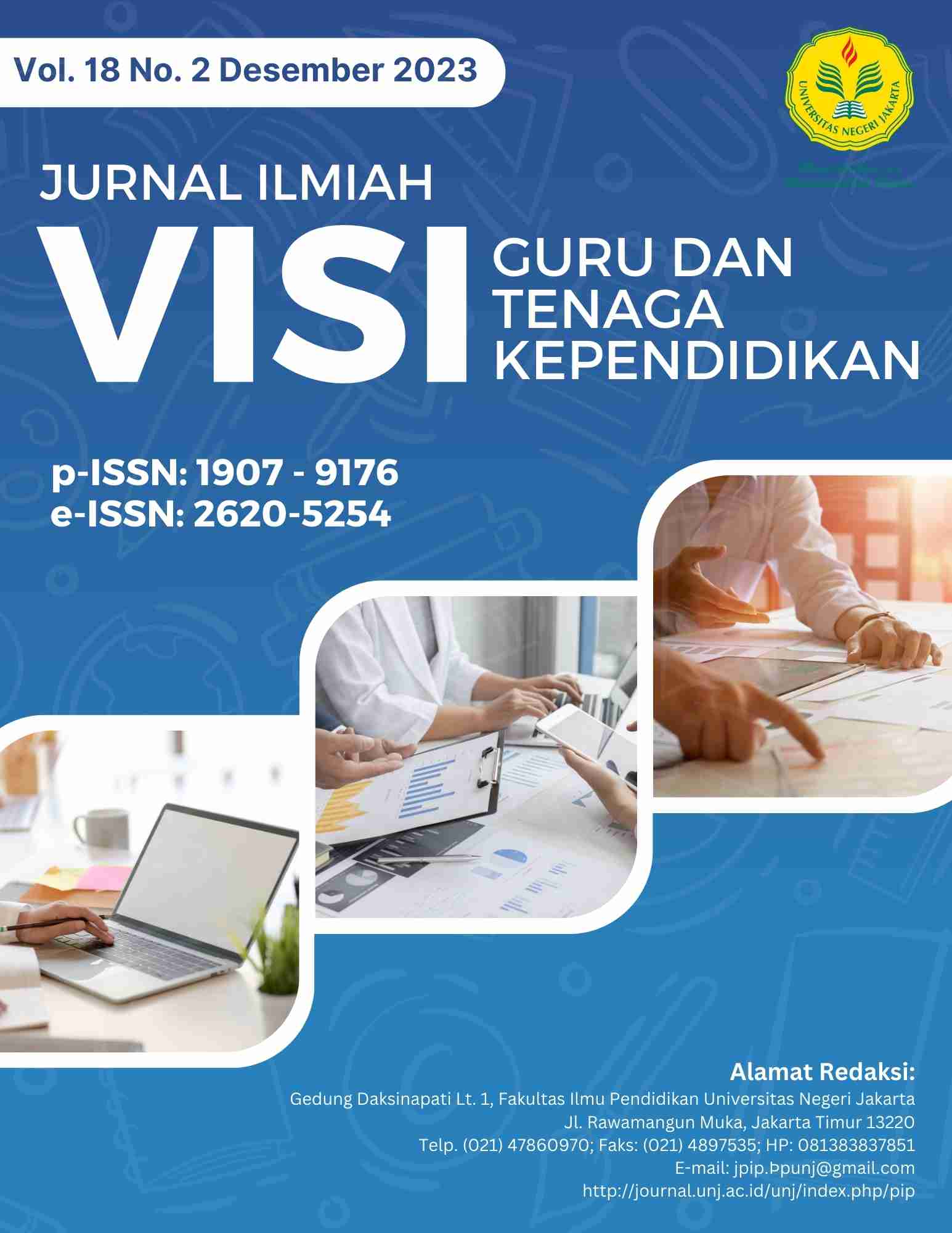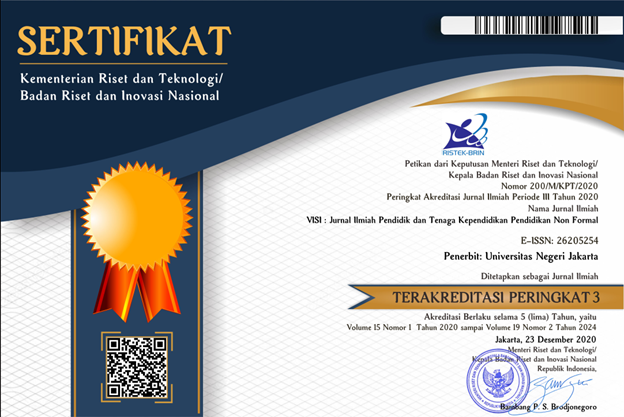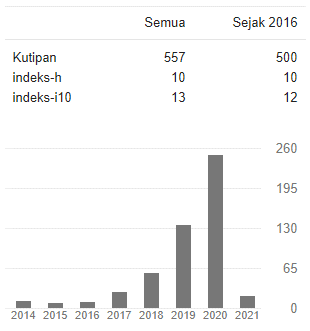Planning of Units and Program Quality Mapping in PKBM in West Java
DOI:
https://doi.org/10.21009/JIV.1802.6Keywords:
Management Concept, Quality Mapping Concept, PKBM ConceptAbstract
The implementation of the quality mapping program for PKBM units answers the facts of problems that often occur in every non-formal institution, in particular, problems in institutional operations. Based on the preliminary study, the reasons that often emerge raised by PKBM managers are the need for costs for institutional operations, the competence of educators who do not understand the andragogical approach to the implementation of learning, then the concern of the government in the world of non-formal education. Through this study, trying to create based on the analysis of community needs. This study aims to describe the quality management of the PKBM units and programs that emphasize the principles of managing community education programs. To reveal the data and information, the researcher applied a descriptive study with a qualitative approach, which was to reveal the depth of data and information based on the research formulation and the research questions to be revealed, namely how to manage the quality mapping of units and the PKBM program. Program management is divided into three stages, namely, the planning, implementation, and evaluation stages. Of the three stages in its implementation, it always begins with analyzing needs, then compiling a recommended forum design with the development of discussion materials, then ending with an evaluation
Downloads
Published
How to Cite
Issue
Section
License
Authors who publish with this Journal agree to the following terms:
- Author retain copyright and grant the journal right of first publication with the work simultaneously licensed under a creative commons attribution licensethat allow others to share the work within an acknowledgement of the work’s authorship and initial publication of this journal.
- Authors are able to enter into separate, additional contractual arrangementfor the non-exclusive distribution of the journal’s published version of the work (e.g. acknowledgement of its initial publication in this journal).
- Authors are permitted and encouraged to post their work online(e.g. in institutional repositories or on their websites) prior to and during the submission process, as it can lead to productive exchanges, as well as earlier and greater citation of published works.
- Users/public use of this website will be licensed to CC BY-NC-SA Creative Commons Attribution-NonCommercial-ShareAlike 4.0 International License









